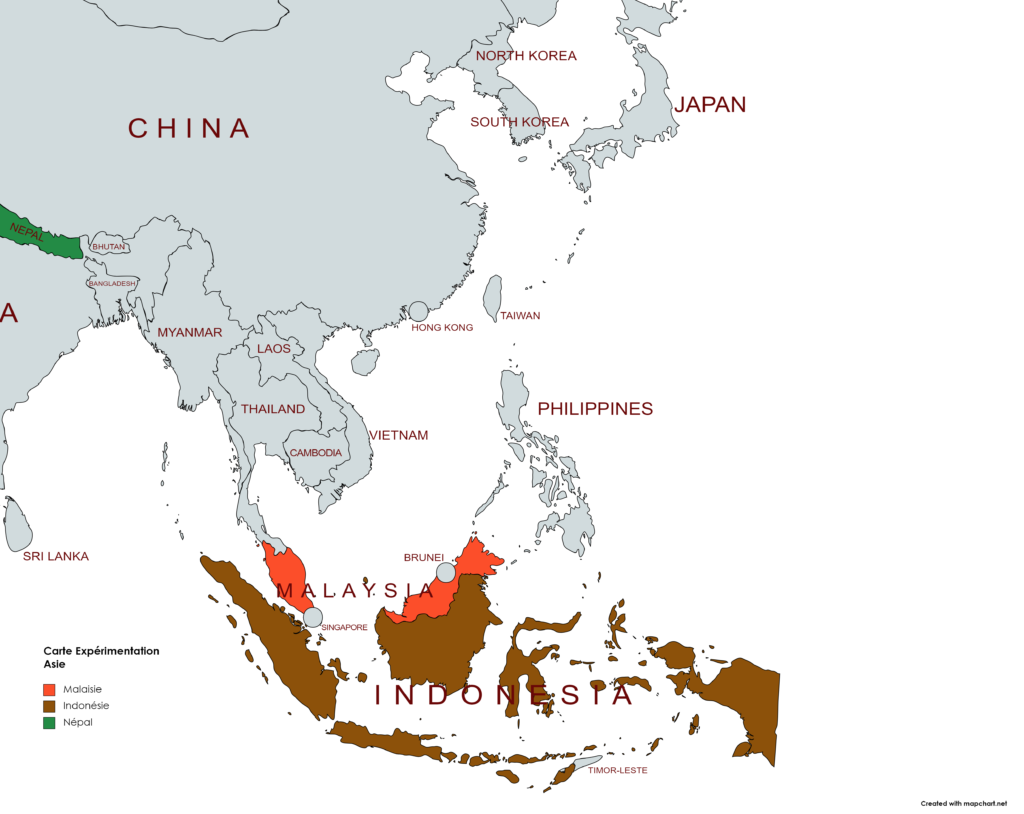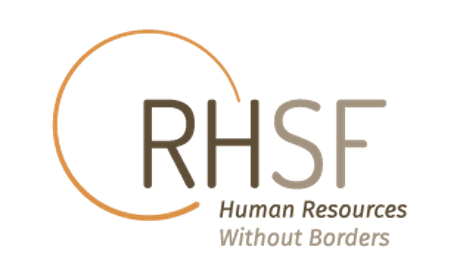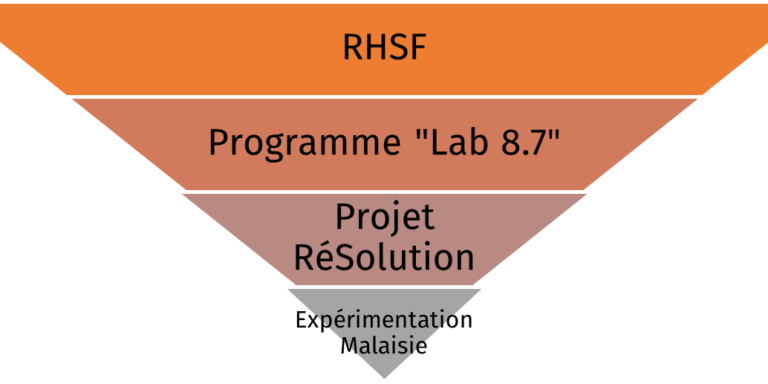“ReSolution” in Malaysia: RHSF’s flagship “Lab 8.7” project
Published on Aug 25, 2023
By GUY CLAVEL

Facing the complexity of the fight against forced labour and child labour, Ressources Humaines Sans Frontières (RHSF) is conducting its “Lab 8.7” action-research program, the “ReSolution” project. The project has been running for nearly two years, particularly in Malaysia, where a company with some 600 employees has agreed to take part in it.
| The “Lab 8.7” research-action program: analyze, test, share Created and piloted by RHSF in partnership with the French Ministry of Europe and Foreign Affairs (MEAE), the “Lab. 8.7″* is a unique example of the partnership approach that is essential between public authorities, companies and the civil society to achieve the goal of decent work for all. The laboratory is a response to an observation made by RHSF in the field: to fight against child labour and forced labour, each of the stakeholders (companies, investors, consumers, governments, etc.) holds a part of the solution. And the impetus must be given by each one at the highest level of the hierarchy, and above all in a common approach. The “Lab 8.7” program will work with companies which volunteer to test innovative employment practices at their subcontractors. As a research-action program, it also provides an academic framework for RHSF experiments, giving everyone time to explore original solutions before sharing them with as many people as possible, in the general interest. |
“ReSolution”: a flagship project for Lab 8.7
As part of “Lab 8.7”, RHSF has set up a three-year project in 2022 with the support of the French Development Agency (AFD). This project, called “ReSolution”, has been designed to field-test methods of preventing the risks of indecent working conditions, and is now deployed in Costa Rica (coffee plantation) and Malaysia (industry).
At a pilot farm and in the pilot factory, two RHSF employees are working with local civil society organisations with recognised expertise to unravel the complexity of the sources of forced labour. At the same time, they are testing practices adapted to local conditions, government social policy, recruitment agency networks, etc.
In Malaysia, a plant with some 600 employees
“The first phase of our project in factory ‘P’ has been completed, and the solutions have begun to bear fruit“, says a delighted Aziz Ahammout. He is the RHSF project manager conducting the experiment in Kuala Lumpur with the local NGO Tenaganita. This NGO has been active for 40 years in promoting decent work for vulnerable workers in the country.
Company “P” wanted to implement recruitment and working conditions in line with a social policy that respects workers. It expressed the wish to be a “pilot plant” in the “ReSolution” project.
In the lack of a sufficient local workforce, “P” employs an exceptional 450 migrants out of its 600 or so employees.
To prevent indecent working conditions, or even forced labour, it had to work on recruitment and responsible human resources management at the same time.
Aziz Ahammout explains: “Our first task was to analyse the problems encountered by the company: flawed recruitment chain, excessive working hours, lack of established social dialogue, discrimination and harassment by supervisors, etc.“.
“Then, in full agreement with “P”’s management, we have endeavoured to identify the tasks at risk, to take into account the experience and age of each worker. We have examined the processes for upgrading the skills of workers who wished to do so. We began to set up a social dialogue with representatives of the different nationalities (language problems), provided training on the culture of the country, the work expected, the employees’ rights, the problems they may encounter...”.
The management itself received training from RHSF’s project manager on the pillars of Human Resources: remuneration and skills, health and safety, social dialogue, recruitment, etc.
The recruitment process is a key element

Particular attention was paid to recruitment. Aziz Ahammout travelled to the countries of origin of this workforce (Nepal, Indonesia…) to interview candidates for migration, even in the countryside. The aim was to identify the problems encountered throughout the recruitment chain, between the village and the factory. These include the undue payment of various fees normally payable by the agency or company, which puts workers in indebtedness situations that may lead to forced labour.
Factory managers sometimes accompanied RHSF on site, to the candidates’ home country, to listen to them. “This allowed to humanise the recruitment process: the candidate was now seen as a human being before being a worker,” Aziz Ahammout notes.
By the end of 2022, RHSF was able to attend a first wave of recruitment carried out by an agency based in Yogyakarta (Indonesia), recently selected by the “P” plant. Each candidate was interviewed by company managers, and an information meeting provided them with details regarding their work and the career opportunities offered by the plant… RHSF was present and was able to freely meet candidates.
“The workers hired then are more confident, more open“, Aziz Ahammout notes. According to him, “there is a visible change in attitude” between the newcomers and the old ones.
Encouraging workers to take their future into their own hands
The second phase of the “ReSolution” project will aim to improve the recruitment system and social dialogue… It will also aim to encourage workers to take control of their own lives and build their own future.
For Aziz Ahammout, “we will have to organise the work, manage skills by formalising and validating them, train workers in teamwork, teach them not to be vulnerable, get them to think about health and safety issues with their managers, teach them about management…“.
In fact, he adds: “we need to give them the tools to take charge of their own. Indeed, most of these migrant workers are in their twenties. They are with the company temporarily. After that, they will go back to their own countries. We have to make them understand that they will then be able to use the tools gained from their work in their own environment, in their country of origin”.
To find out more about the “ReSolution” project in Malaysia, you can contact the project manager Aziz Ahammout: aziz.ahammout@rhsansfrontieres.onmicrosoft.com
*The “Lab 8.7” was launched by RHSF in 2020, following the establishment by the UN of the “Alliance 8.7” global partnership. The partnership was named after target 8.7 of the UN’s Sustainable Development Goals (SDGs), which aims to eradicate child labour by 2025 and forced labour by 2030.



